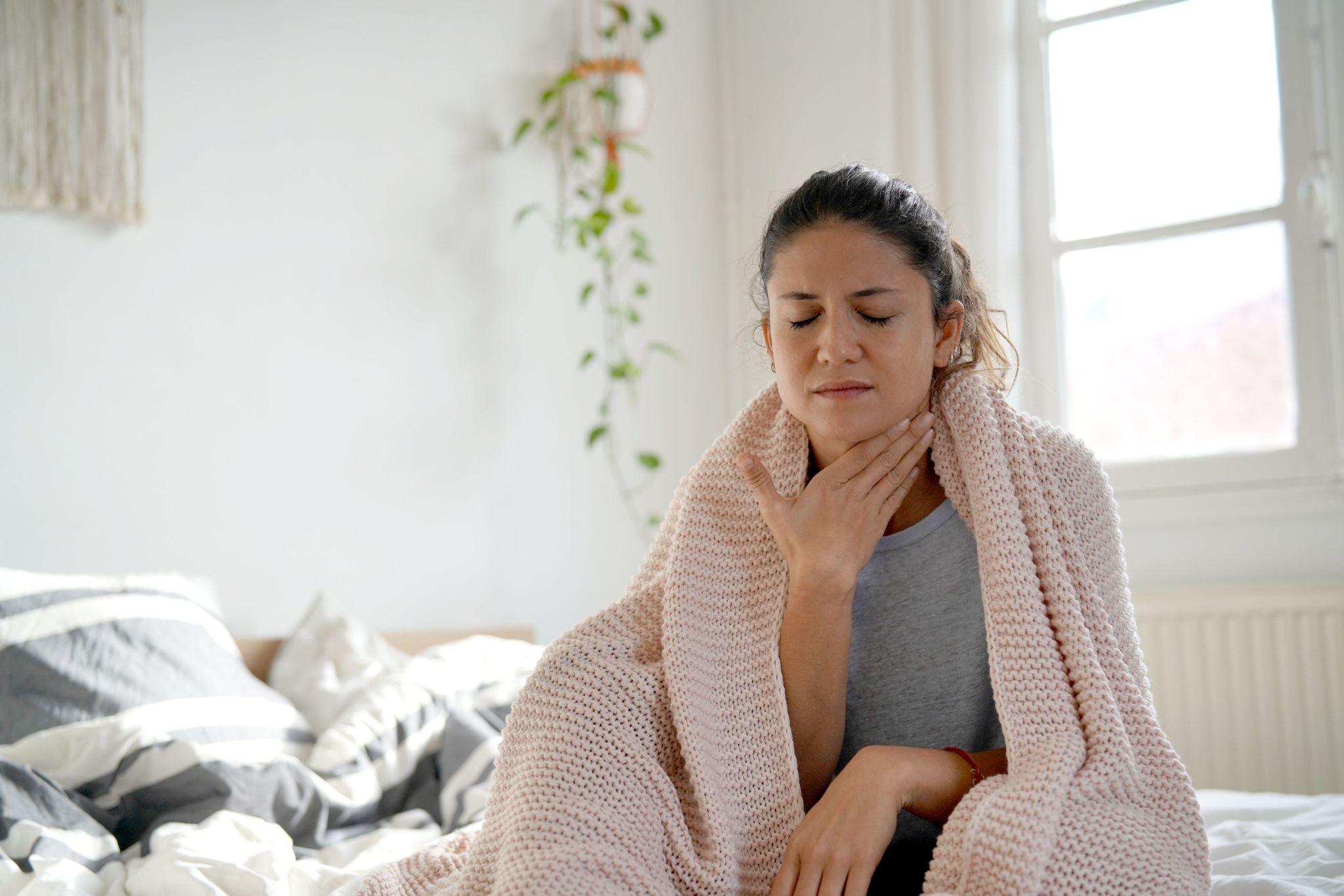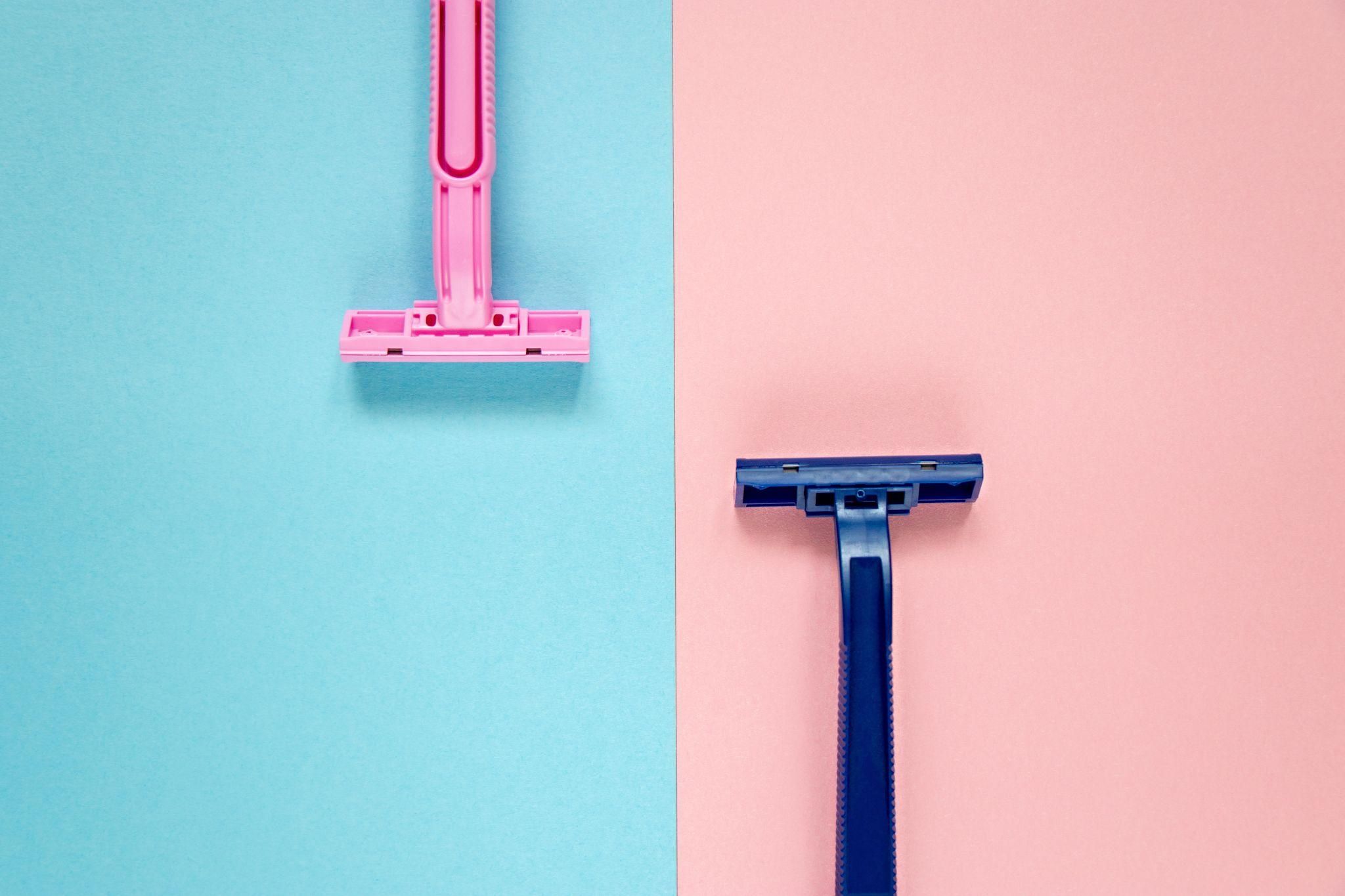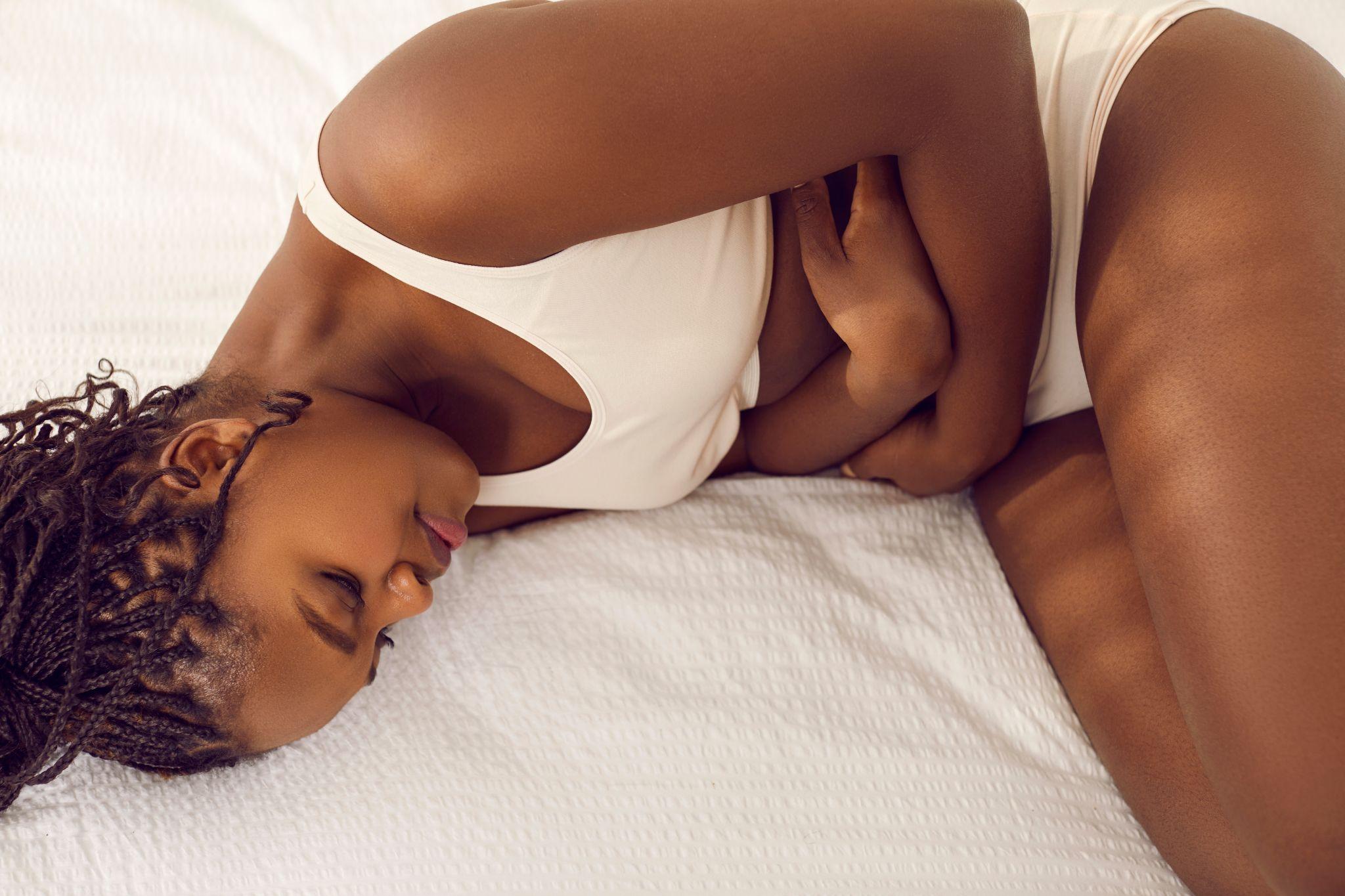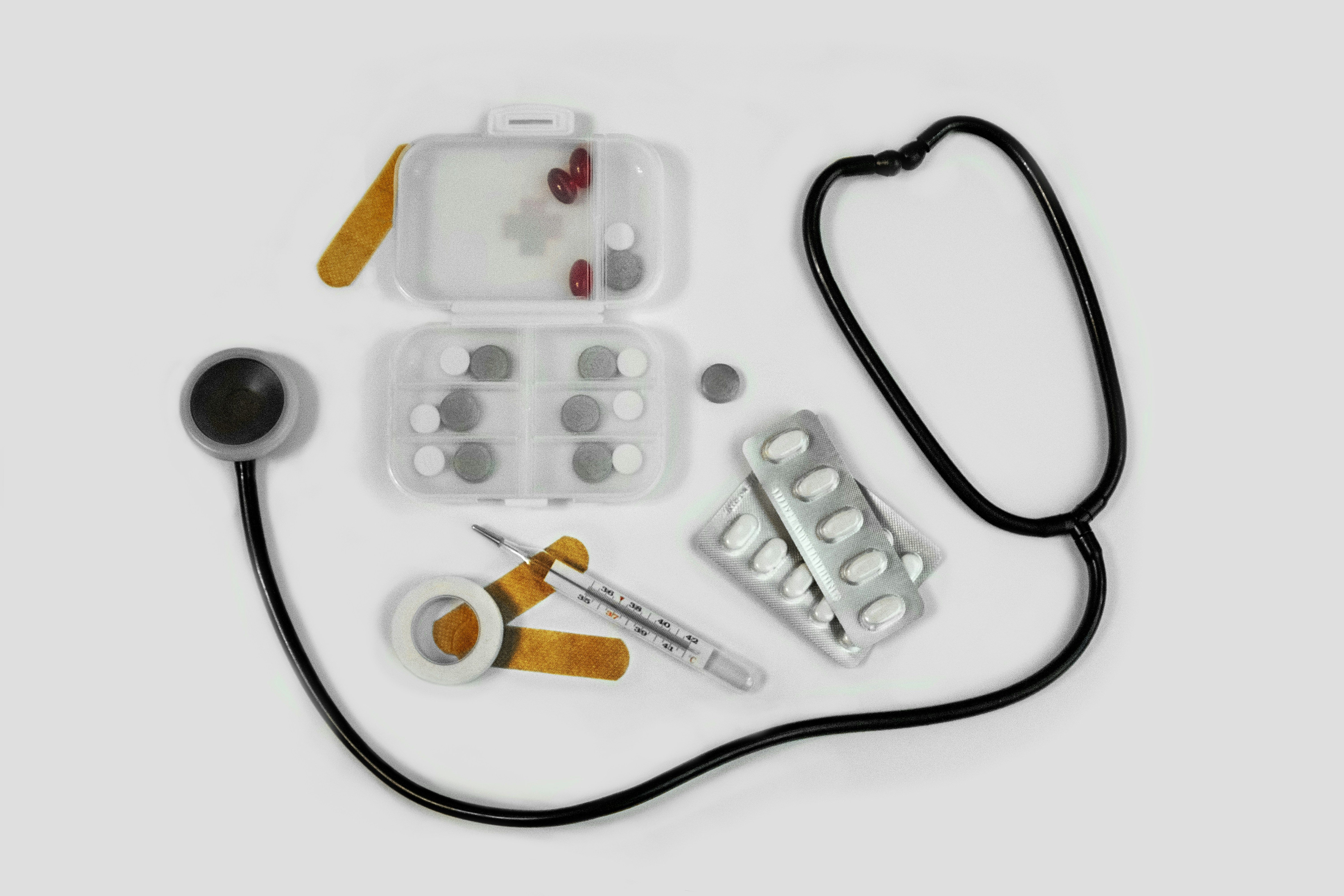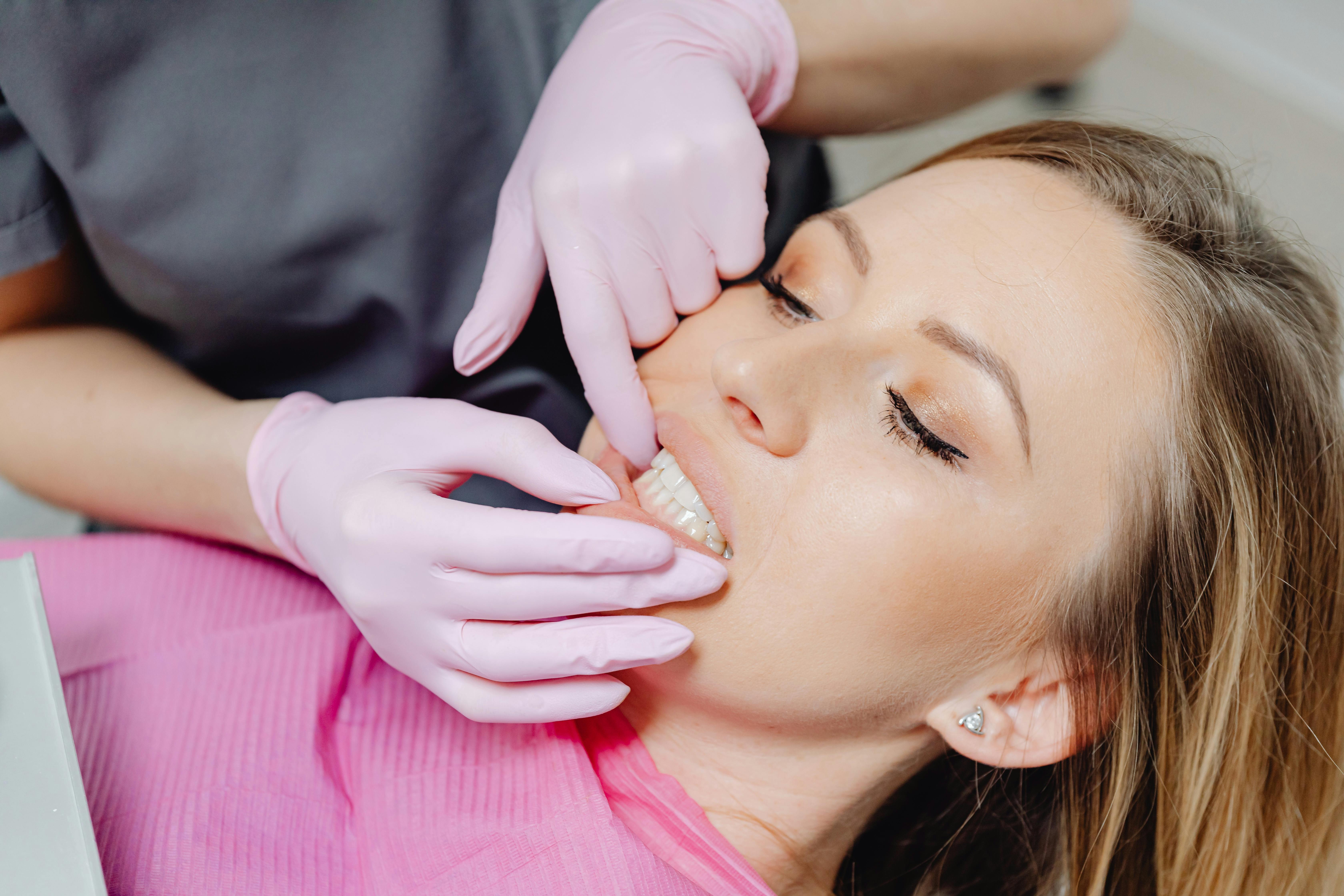Acne is a common skin condition resulting from clogged pores and hair follicles. These pesky lesions appear when sebum, dead skin cells, and bacteria block your pores. It is a non-communicable skin disease as the bacteria responsible for it are not contagious.
Acne ranks among the most prevalent skin conditions, impacting over 45 million people in the United States. It's estimated that nearly one in five dermatologist visits are made to address this widespread issue. Acne affects people of all ages, but it is commonly seen in adolescents more than in adults. For the majority, acne usually subsides by their thirties; however, some individuals continue to struggle with this skin issue into their forties and fifties.
A study by Khunger and Kumar (2012) found that adult women are more prone to developing acne compared to adolescents. Additionally, they discovered that acne in adolescents tends to be more inflammatory.
Let us understand acne, its types, triggers, and the role of online consultation in its prompt and effective treatment.
What is Acne?
Acne (Acne Vulgaris) is a chronic inflammatory skin condition caused by clogged pores or hair follicles. Acne can also stem from unhygienic practices, medication side effects, and hormonal imbalances. It manifests as whiteheads, pimples, blackheads, nodules, and cysts, causing significant discomfort. While acne typically appears on the face, it can also affect the forehead, shoulders, upper back, and chest.
Depending on the type of acne, you might experience both physical and mental discomfort. Some types of acne (nodular and cystic) may cause physical pain as the lesions are filled with pus and inflammatory fluid. In addition to severe acne, other types can also impact your confidence in your skin.
Let’s get familiar with the types of acne and their severity
- Types of acne:
- Blackheads- These are characterized by open clogged pores that turn black due to oxidation over time.
- Whiteheads- These differ from blackheads in two ways. These are closed clogged pores and are smaller in size.
- Pimples or Pastules- Pimples can vary in size. These are inflamed, red lesions with pus at their tips.
- Papules- These are small, tender, red bumps that lack pus.
- Nodules- Nodules are solid lumps that cover more area than the above-mentioned types of acne. Being large and solid makes nodules painful under the skin.
- Cysts (Severe Nodular Acne)- Cystic acne is characterized by painful, pus-filled lumps under the skin.
Among all acne types, nodules and cysts are the most severe and painful, while pimples and papules are considered mild. Blackheads and whiteheads are the most common forms of acne.
What causes acne?
Acne occurs when hair follicles or skin pores become clogged with sebum, bacteria, and dead skin cells.
- Hereditary- Genetics can significantly influence a person's likelihood of developing acne.
- Hormonal imbalance- Hormonal fluctuations during puberty, pregnancy, and menstruation can lead to more secretion of sebum and oil from the glands present in the skin. This might result in the development of acne.
- Certain medications- Medications like lithium, corticosteroids, and some artificial hormones can cause or exacerbate acne.
- Age factor- Teenagers and young adults are at higher risk of developing acne.
What triggers acne? (but does not cause it)
Many triggers are present around us that may trigger acne. For example:
- Stress and anxiety - High levels of stress and anxiety in teens and adults can lead to flare-ups.
- Environmental irritants - Dirt, dust, and pollutants are prevalent in our surroundings. Limiting exposure to these can help prevent acne.
- Unhealthy eating habits - Consuming junk food, especially oily, sugary, and dairy-rich items, can exacerbate acne.
- Pressure from tight clothes - Wearing tight clothes can prevent the skin from breathing properly, leading to breakouts. Friction from tight clothing on affected areas may worsen or increase acne.
- Skin practices - Harsh skin products or ones that do not suit your skin type may also increase discomfort.
What medications can help reduce acne?
Following medications may help reduce acne and manage it.
- Salicylic acid
- Azelaic acid
- Benzoyl peroxide
- Retinoids
- Antibiotics
After consulting your dermatologist, you can try out these medications for acne treatment.
Preventive measures for acne
You can avoid developing acne by involving a consistent skin care regimen and some hygienic habits in your daily routine. But if you already have acne, you can still adopt the following preventive habits to reduce the discomfort.
- Skin care regimen - Using mild skincare products such as gentle cleansers, moisturizers, and anti-acne-causing products may help in lessening the severity of acne.
- Follow hygienic habits - Prevent severe acne by avoiding touching your face with dirty hands, regularly changing pillowcases, and removing makeup before bedtime.
Consult a dermatologist if your acne doesn’t go away even after following these preventive measures.
How 24HrDoc’s Online Acne Consultation Works
24HrDoc provides an effective solution for acne treatment. By consulting our online dermatologists, you can receive personalized care that fits your lifestyle. Start your acne treatment journey today with 24HrDoc and experience the benefits of accessible and high-quality telehealth care. Follow the step-by-step guide:
- Consult an online dermatologist for medical assessment
- The dermatologist will form a personalized treatment plan for you
- Get your Prescription
- Book your follow-up visit with your dermatologist to track the progress
Benefits of Online Acne Treatment with 24hrdoc
24HrDoc offers a range of benefits for online acne treatment.
- We provide quick and accessible acne treatment. You can fill out the consultation form from any device at your home.
- Our medical professionals make sure that you get high-quality treatment promptly.
- We provide continuous support and follow-up care.
- We ensure that you get treatments tailored to your specific needs.
With 24HrDoc achieve clear skin without popping pimples. Get treated today!
